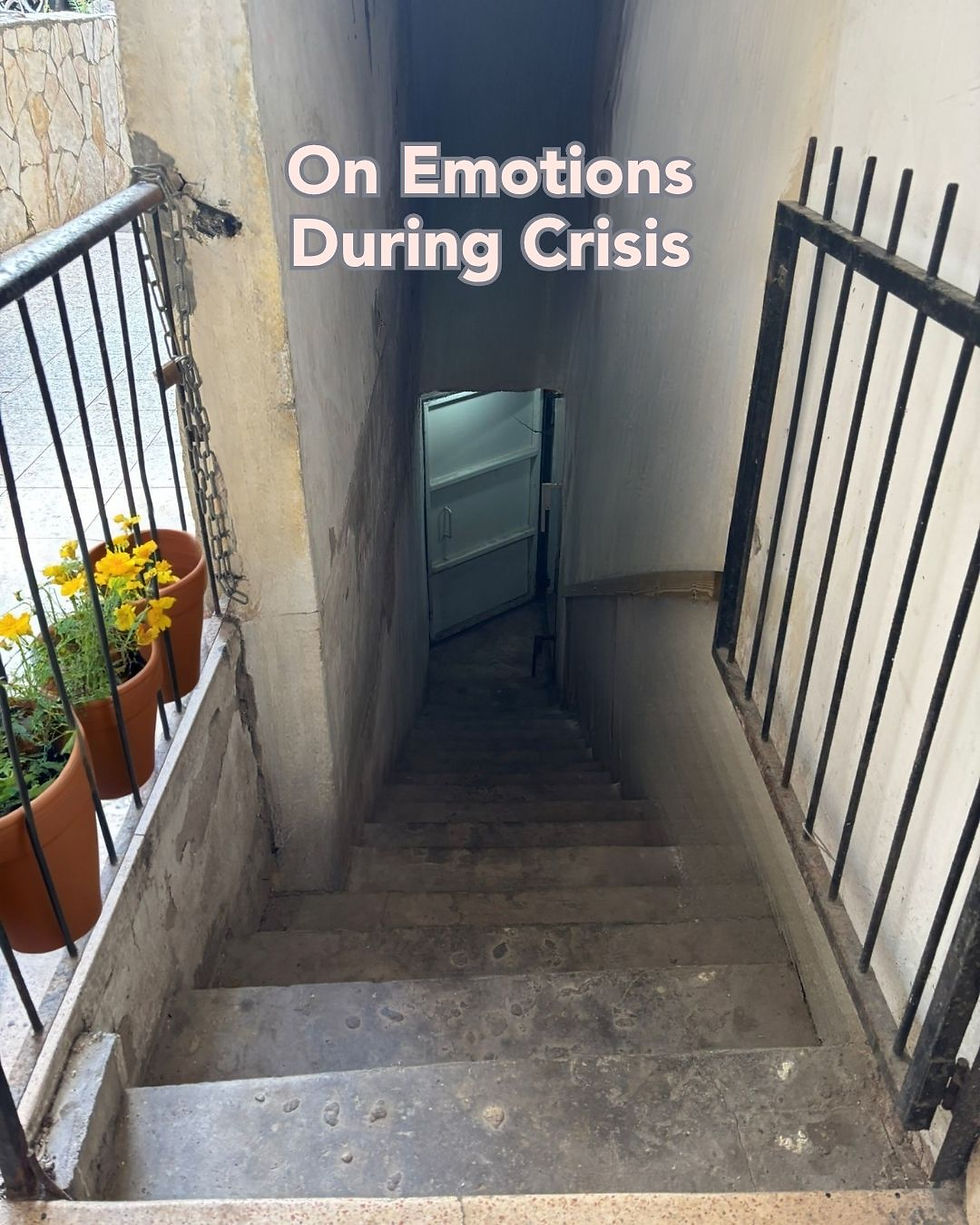On Emotions During Crisis
- Екатерина Зильберштейн

- Jun 24
- 2 min read
When everything around feels unstable — like now, with war, anxiety, and sirens — emotions tend to become more intense.Fear, anger, sadness come in waves. This is normal.
What matters is noticing and allowing these emotions, rather than pushing them away. Emotions that aren’t expressed can get stuck in the body — and over time, may turn into chronic anxiety, depression, or even physical symptoms.
If it’s hard to understand what you’re feeling right now, start with a simple question:Does this feel pleasant or unpleasant?If pleasant — allow yourself to enjoy it, no need to interfere.If unpleasant — try to name the emotion: fear, anger, sadness, disgust?
If it's fear — try to identify what exactly you’re afraid of and what you can do to feel even a little safer.For example, if you’re afraid of missile attacks — strictly following Home Front Command instructions can help the brain feel: I’m protected.
If it's anger — it helps to release it through the body, without harming yourself or others.You can exhale sharply with a "ha" sound, clench and unclench your fists, tear up some paper, or even yell into a pillow — these can release tension.
If it's sadness — don’t hide it. Crying is normal. It’s better to give it time than to keep everything inside.Sometimes it helps just to sit next to someone — a loved one or a professional — and allow yourself to feel.
Emotions are not the enemy. They serve an important purpose: helping us survive and adapt. We don’t need to fear them. We need to be with them.
We are not our emotions — but when we learn to recognize and process them, we find more support within ourselves.
P.S. The photo shows our shelter. This morning we went up and down five times between 5 and 8 AM.










Comments